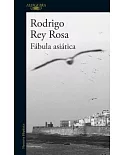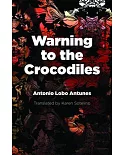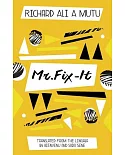Though one of the best-known books in the world, Pinocchio at the same time remains unknown—certainly in America, where it is linked in many minds to the Walt Disney movie that bears
little relation to Carlo Collodi’s splendid original. That story—is about, of course, a puppet who succeeds after many trials and tribulations in becoming a “real” boy, and is hardly the
sentimental and morally improving tale it has been taken for. To the contrary, Pinocchio is one of the great subversives of the written page (you might compare him to his close contemporary
Huck Finn), a madcap genius, hurtled along at the pleasure and mercy of his desires. It is his unabashedness, his unwillingness to give up on anything he wants, that drives him on and delights
us. And Pinocchio the book, like Pinocchio the character, is one of the great inventions of world literature, a sublime anomaly, merging the traditions of the picaresque, of the commedia
dell’arte, and of the fairy tale into a singular book that is at once adventure, comedy, and irreducible conundrum, one that anticipates surrealism and magical realism. Thronged with memorable
characters and composed with the fluid but inevitable logic of a dream, Pinocchio is a masterpiece of satire, fantasy, and sheer wonder that is endlessly absorbing, amusing, and
surprising: essential equipment for life.
In this new translation by Geoffrey Brock, the prizewinning translator of Cesare Pavese and Umberto Eco, Pinocchio finally has an English rendering worthy of the inspired original.





















